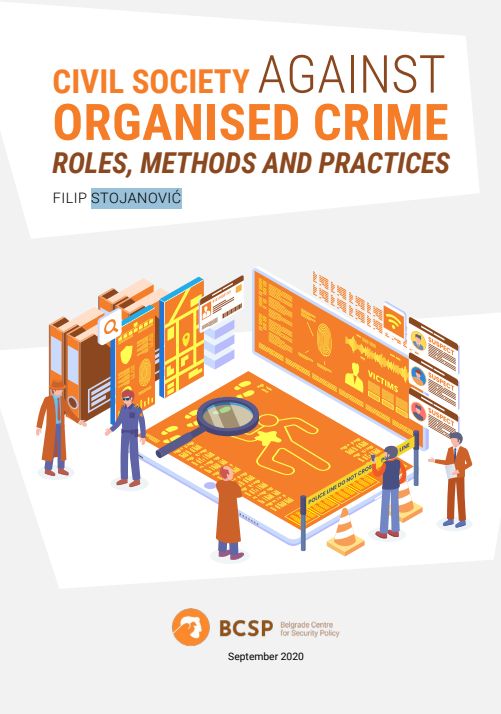Civil Society against Organised Crime: Roles, Methods and Practices
Civil Society against Organised Crime: Roles, Methods and Practices
Author(s): Filip Stojanović
Subject(s): Criminology, Corruption - Transparency - Anti-Corruption, Commercial Law
Published by: BCBP Beogradski centar za bezbednosnu politiku
Keywords: Organised Crime
Summary/Abstract: International legislative framework does not properly recognise the relevance of civil society in the fight against organised crime and does not provide for full civil society participation. As a consequence, the effort of civil society to achieve progress in fighting organised crime and build a strong and stable communication channels for key stakeholders in the public and private sector remains questionable. This is why civil society advocates the revision of the existing international legislative framework. Civil society plays two main roles in tackling the issue of organised crime. It is very useful in exposing illicit organised crime activities, and it can serve as support to criminal justice efforts and reforms in the fight against organised crime. However, the challenge lies in the fact that most civil society organisations are specialised or focused on one specific area of organised crime. They also depend on national situations and donors’ funding availability. On the other hand, civil society can link relevant institutions and the private sector in the fight against organised crime.
Series: Beogradski Centar za Bezbednosnu Politiku - Analysis
- Page Count: 26
- Publication Year: 2020
- Language: English
- Content File-PDF
- Introduction

